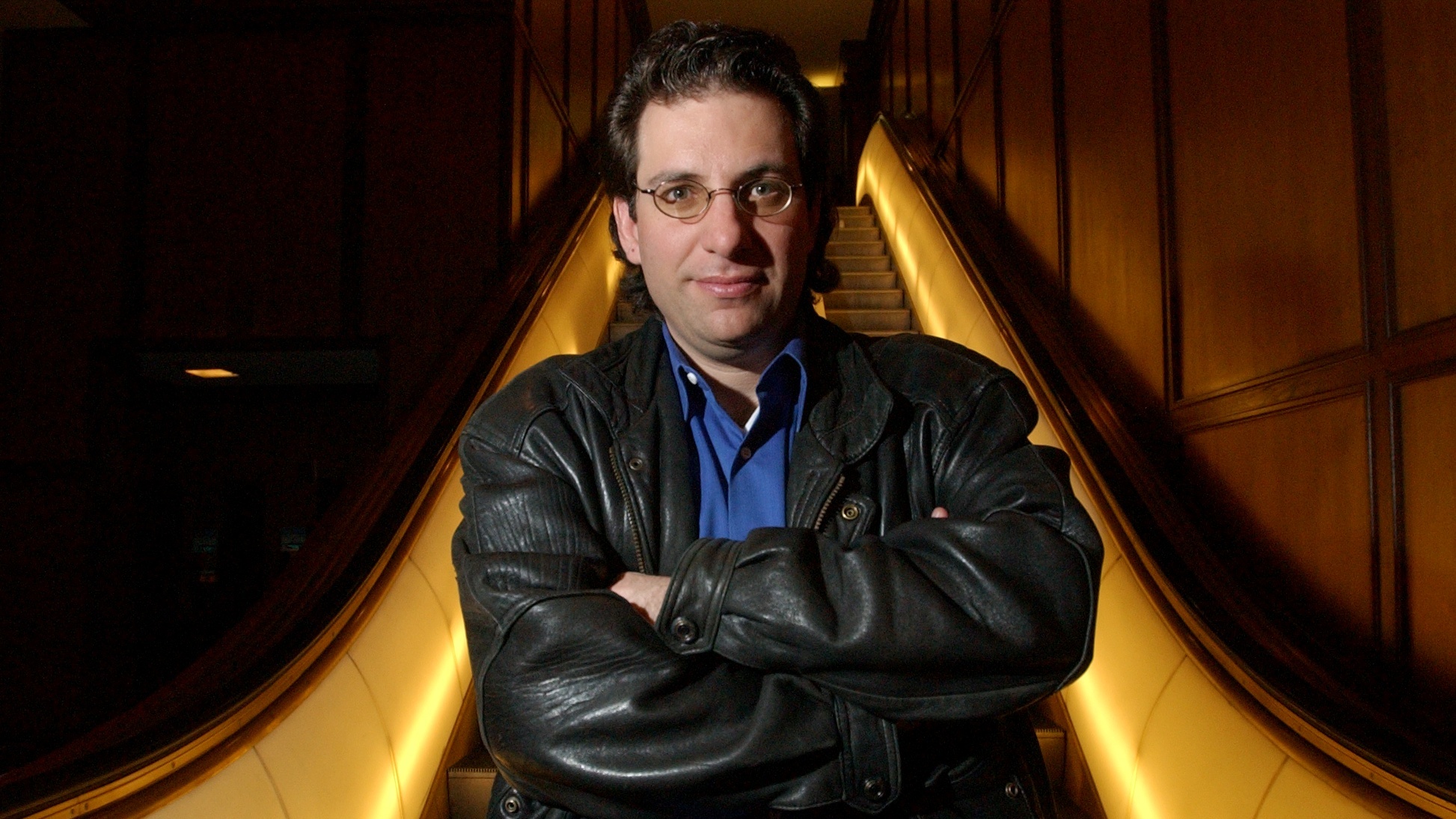Kevin Mitnick, former 'most wanted' hacker who police said could launch nukes by whistling into a phone, has died
A legend in the history of computing, Mitnick died on July 16 due to complications from pancreatic cancer.

Kevin Mitnick, one of the most famous computer hackers in the world and the subject of an over two-year manhunt in the 1990s, died of complications from pancreatic cancer last Sunday, aged 59. His death has been confirmed to the New York Times.
Mitnick is a legendary figure, one of those people whose life story reads like an elaborate work of fiction. After getting his start with a punch card machine that let him get free bus rides at age 12, he graduated to phone phreaking and hacking as he got older, breaking into networks owned by corporations like the Digital Equipment Corporation. The police weren't too keen on that, and he was sentenced to a year in prison and three years of supervised release in 1988.
He almost made it through, but right toward the end of his supervised release, a warrant was issued for his arrest over his hack of the Pacific Bell Telephone Company, sparking a manhunt that lasted over two years and ended with his five-year incarceration (he served four and a half of those pre-trial). He spent eight months of that sentence in solitary confinement because, according to him, the police convinced a judge that he could "start a nuclear war by whistling into a phone".
Someone presumably realised how nonsensical a statement that is at some point, though: After ending his supervised release in 2003, the only bit of tech Mitnick was allowed access to for a while was a landline phone.
Mitnick's legal plight turned him into a bit of a cause célèbre in the '90s. "Free Kevin" stickers were a common sight on bumpers and in university IT departments at the time, and both Yahoo and the NYT were hacked to show messages calling for his release. He became, to many, a symbol of the state's authoritarian incomprehension of the anarchic free spirit of the internet. But for me? Well, I have to admit my own first exposure to him was through (of all things) Grand Theft Auto: San Andreas, via the game's talk radio station.
The caller—named Kevin, and apparently played uncredited by Mitnick himself—harangued the host about being put into solitary confinement for hacking, and ranted that he could "launch nuclear missiles just by whistling into a phone". It stuck with me when I learned it was based on an actual person's absurd, real-life experience.
The world's most wanted hacker eventually made good, though. After his release in the 2000s, Mitnick became a writer, speaker, and security consultant, performing penetration testing services and generally trying to help companies defend themselves against people like, ah, Kevin Mitnick.
The biggest gaming news, reviews and hardware deals
Keep up to date with the most important stories and the best deals, as picked by the PC Gamer team.
Mitnick is survived by his wife Kimberley, who is pregnant with their first child. In an obituary posted to the Dignity Memorial funeral home, it's written that his friends and family "will miss him for the rest of our days, hear his voice in our minds, and look forward to reconnecting with him in whatever version of the 'beyond' we each believe in. To imagine that Kev could be there to greet us, likely playing a prank, or inviting us to share an extraordinary meal and conversation, will be heaven indeed."

One of Josh's first memories is of playing Quake 2 on the family computer when he was much too young to be doing that, and he's been irreparably game-brained ever since. His writing has been featured in Vice, Fanbyte, and the Financial Times. He'll play pretty much anything, and has written far too much on everything from visual novels to Assassin's Creed. His most profound loves are for CRPGs, immersive sims, and any game whose ambition outstrips its budget. He thinks you're all far too mean about Deus Ex: Invisible War.

